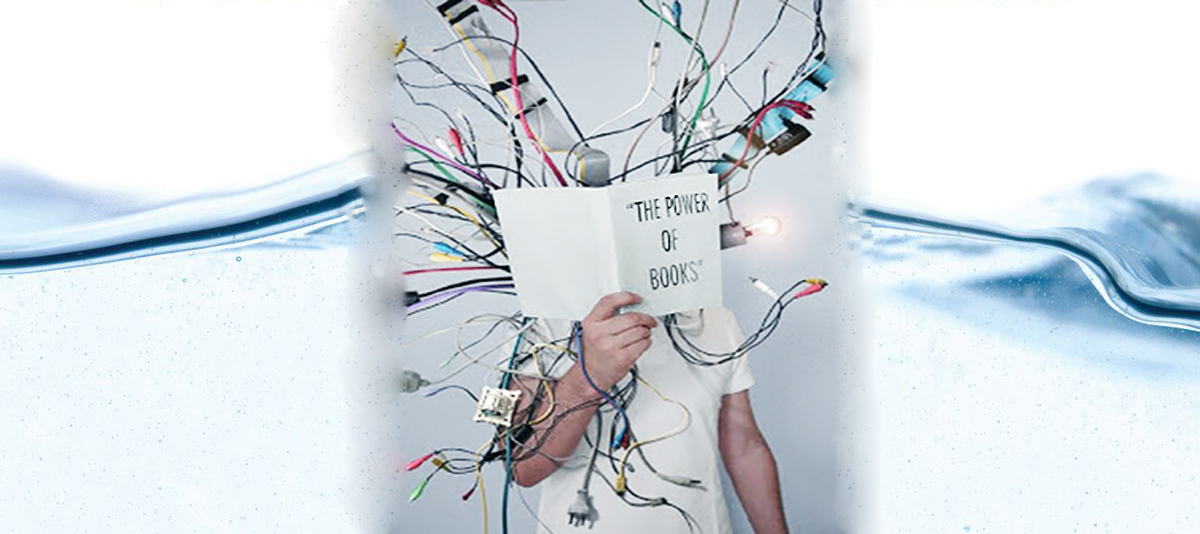Kerby Anderson
Philip Yancey begins with an admission: “I am going through a personal crisis.” He explains that he used to love reading. In fact, he understands that “books help define who I am.” But that is his past, not his present.
He has discovered that the Internet and social media have trained his brain “to read a paragraph or two, and then start looking around.” When he is reading an article online, pretty soon he is looking at the slide bar to see how long the article might be. He starts clicking on the links and sidebars. Soon he has lost interest in the original article.
We shouldn’t be surprised by any of this. Seven years ago, I was quoting from an article by Nicholas Carr. Since then, he has written a book that I reference every time I speak on the subject of the media or digital devices. His book, The Shallows: What the Internet Is Doing to Our Brains, explains why we don’t read as much and why it is so hard to concentrate. The Internet and social media are retraining our brains. He says, “Once I was a scuba diver in the sea of words. Now I zip along the surface like a guy on a Jet Ski.”
Philip Yancey quotes from an article in Business Insider that studied pioneers like Elon Musk, Oprah Winfrey, Bill Gates, Warren Buffett, and Mark Zuckerberg. Most of them have a common practice known as the “five-hour rule.” They set aside at least an hour a day (or five hours a week) for deliberate learning. The people listed in the Business Insider article probably read as many books in a week or two than most Americans read in a year.
Philip Yancey acknowledges that we are “engaged in a war, and technology wields the heavy weapons.” He is trying to develop what he calls a “fortress of habit” so that he can “resurrect the rich nourishment that reading has long provided.” I recommend you do the same for your benefit and the benefit of your family.
 Listen Online
Listen Online Watch Online
Watch Online Find a Station in Your Area
Find a Station in Your Area











 Listen Now
Listen Now Watch Online
Watch Online
